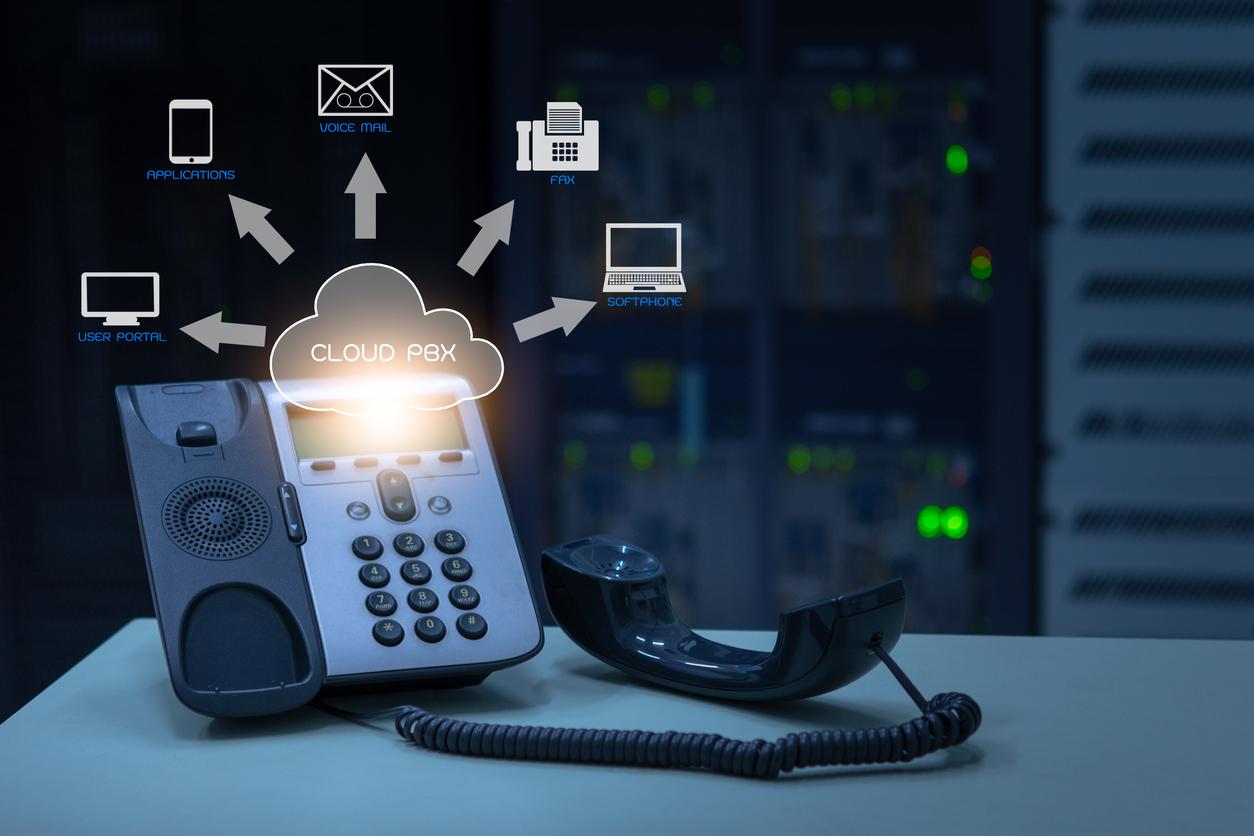A virtual phone system is a telecommunications system that uses a network of computers to provide voice service to users. The system allows customers to make telephone calls using their computer, instead of using a traditional telephone. These systems are popular among businesses because they allow employees to work from home. With that, they also reduce the cost of telephone service. There are many virtual phone systems available today. Some of these systems allow users to make and receive calls from any location in the world, while others offer specific countries or regions as their focus.
Regardless of the system’s focus, all virtual phone systems require a computer and an internet connection in order to function. Virtual Phone Systems are becoming more popular as people become more mobile. This is because they allow people to have a phone without having to carry around a physical phone. They can be used on any computer or device that has internet access.
Types of Virtual Phone System
There are many types of VoIP, each with its own benefits and drawbacks. This article will highlight three of the most popular types: telephone bridge, hosted PBX, and cloud-based VoIP.
- Telephone bridge: A telephone bridge is a virtual phone system that connects two or more offices using a digital line. The bridge creates a private connection between the offices, allowing users to dial directly from one office to another without having to go through the main switchboard.
- Hosted PBX: A hosted PBX is a software package that provides all of the necessary facilities for setting up and running your own private telephone system. This includes an automatic attendant system (AAS), voice mail, conference calling, call routing, and more.
- Cloud-based VoIP: It is becoming an increasingly popular option for businesses that want to reduce costs and improve communication. Cloud-based VoIP services can be accessed from any device, allowing businesses to communicate with customers and employees no matter where they are.
How does VoIP differ from PBX?
- As we know, a virtual phone system is a telecommunications system that uses a computer to simulate the operation of a traditional telephone switchboard. While, on the other hand, PBX, or private branch exchange, is a more traditional telephony system that employs physical switches and wires to connect offices.
- Virtual phone systems are a great option for businesses that don’t have the resources to install a PBX. They allow you to use your existing telephone line and infrastructure to make calls, instead of buying a separate phone system. Virtual phone systems are also great for small businesses because they don’t require a lot of training or support.
- Virtual phone systems are a newer technology that allows businesses to take advantage of the benefits of a PBX without having to purchase and maintain one. They are similar to PBXs in that they allow for voice, fax, and electronic messaging services, but they are not physically located in the office. This allows businesses to spread out their infrastructure costs across more users, which can be beneficial if they have a large customer base.
- Another key difference between virtual phone systems and PBXs is that virtual phone systems do not require an on-site telephone system. This means that companies can use virtual phone systems even if they do not have any existing telephones in their office.
- Virtual phone systems also offer more flexibility than PBXs because they can be tailored to the needs of specific businesses.
Hence, the Virtual Phone System is our future of communication. With the ease of access and limited requisition of resources this system is thriving and will thrive for years to come.

Comments